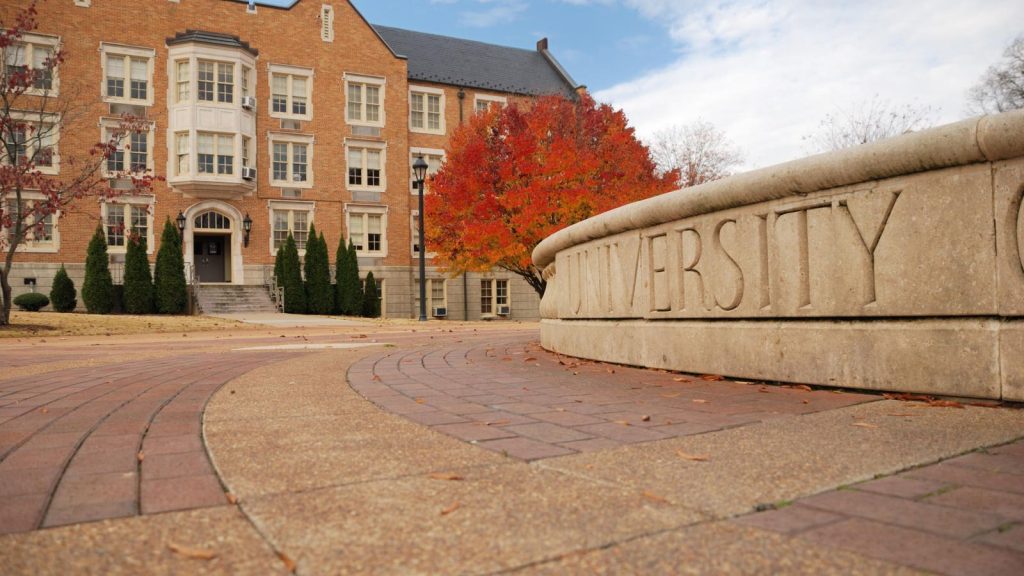The recent financial crisis at Tennessee State University (TSU) serves as a stark warning for families planning for college. TSU’s dramatic enrollment decline, resulting in layoffs and emergency funding, highlights the evolving landscape of higher education and underscores the need for a more comprehensive approach to college financial planning. While saving remains crucial, families must also prioritize an institution’s financial health and develop contingency plans to navigate potential disruptions. TSU’s experience, coupled with declining national enrollment trends, necessitates a shift in how we approach college selection and funding.
TSU’s predicament, characterized by a precipitous drop in first-year enrollment, exposed underlying financial vulnerabilities. The university’s reliance on one-time funds for recurring student aid, coupled with difficulties honoring scholarship commitments and depleted emergency reserves, painted a picture of unsustainable financial practices. These issues, documented by state auditors and federal financial reports, ultimately threatened the institution’s viability. This crisis serves as a cautionary tale, emphasizing the importance of scrutinizing a university’s financial stability beyond the advertised tuition costs. Families must delve deeper into an institution’s financial health to ensure their investment in higher education is secure.
The declining enrollment experienced by TSU is not an isolated incident. National trends indicate a looming “demographic cliff” in higher education, with projections showing peak traditional college-age student enrollment as early as 2025. This demographic shift further emphasizes the precarious financial situation many institutions face. As the pool of potential students shrinks, competition for enrollment intensifies, potentially exacerbating financial pressures on universities. Families must recognize this broader context and consider its implications for their college planning strategies. A university’s ability to weather this demographic shift is paramount to ensuring a stable and fulfilling educational experience.
Protecting your family’s investment in higher education requires a multi-pronged approach. First, thorough research into an institution’s financial health is paramount. Go beyond the sticker price and utilize available resources like the Common Data Set, IPEDS data, and state auditor reports to assess the institution’s financial standing. Look for indicators of financial stability, such as consistent enrollment trends, manageable debt levels, and responsible budgeting practices. Understanding an institution’s financial health provides a critical foundation for informed decision-making.
Secondly, developing a robust backup plan is essential. The TSU situation demonstrates the importance of anticipating potential disruptions. Researching transfer pathways between your chosen institution and other viable options provides a crucial safety net. Exploring tuition insurance, which can mitigate financial losses due to unexpected withdrawals, is another valuable consideration. Furthermore, understanding your state’s credit transfer policies between public institutions can facilitate a smoother transition in case of unforeseen circumstances. A well-defined backup plan offers peace of mind and protects against financial setbacks.
Finally, continuous monitoring of your chosen institution’s financial health is crucial. Tracking enrollment trends, staying informed about state funding levels (especially for public institutions), and paying attention to news regarding faculty staffing and program changes can provide early warning signs of potential problems. These indicators can signal underlying financial stress and allow families to proactively address concerns or consider alternative options. Regular monitoring allows for informed adjustments to college plans and mitigates the risk of being caught off guard by unexpected financial difficulties.
In the past, college planning often centered on saving for tuition and securing scholarships. However, the evolving landscape of higher education demands a more comprehensive approach. The TSU crisis underscores the importance of incorporating financial stability into the college selection process. While traditional metrics like rankings and campus amenities remain relevant, a university’s financial health and its ability to deliver consistent educational value must be prioritized. This shift in focus is essential to protecting families’ investments and ensuring a successful college experience.
The changing demographics of higher education, coupled with the financial vulnerabilities exposed by the TSU situation, necessitate a proactive and informed approach to college planning. Families must adopt a more sophisticated strategy that includes thorough financial due diligence, the development of contingency plans, and ongoing monitoring of institutional health. By incorporating these elements into their college planning process, families can better navigate the complexities of higher education and ensure their investment in education remains secure.
The TSU crisis serves as a wake-up call for families and the higher education community alike. It highlights the need for greater transparency and accountability in university finances. Institutions must prioritize sustainable financial practices and demonstrate a commitment to responsible stewardship of student resources. Families, in turn, must become more discerning consumers of higher education, demanding greater transparency and holding institutions accountable for their financial health. This shared responsibility will contribute to a more stable and sustainable higher education ecosystem.
The lessons learned from TSU’s experience should inform policy discussions at the state and national levels. Policymakers must consider the implications of declining enrollment and the potential financial challenges facing institutions. Supporting initiatives that promote financial stability and responsible budgeting practices within universities is crucial. Furthermore, policies that facilitate student transitions between institutions, such as streamlined credit transfer processes, can help mitigate the impact of unforeseen disruptions. A collaborative approach between institutions, families, and policymakers is essential to navigating the evolving landscape of higher education.
The TSU crisis presents an opportunity for families to engage in more meaningful conversations about college planning. Open communication between parents and students about financial realities, potential risks, and contingency plans is crucial. This dialogue can empower students to make informed decisions about their education and contribute to a more responsible and sustainable approach to college planning. By embracing a proactive and informed approach, families can navigate the changing landscape of higher education and ensure a successful and rewarding college experience.
The evolving dynamics of higher education require a shift in mindset. Families must move beyond a transactional view of college as simply a means to a degree and embrace a more holistic perspective. Choosing a college should be a thoughtful process that considers not only academic offerings but also the institution’s financial health, its commitment to student success, and its ability to adapt to a changing environment. This holistic approach will better prepare students for a fulfilling college experience and a successful future.










